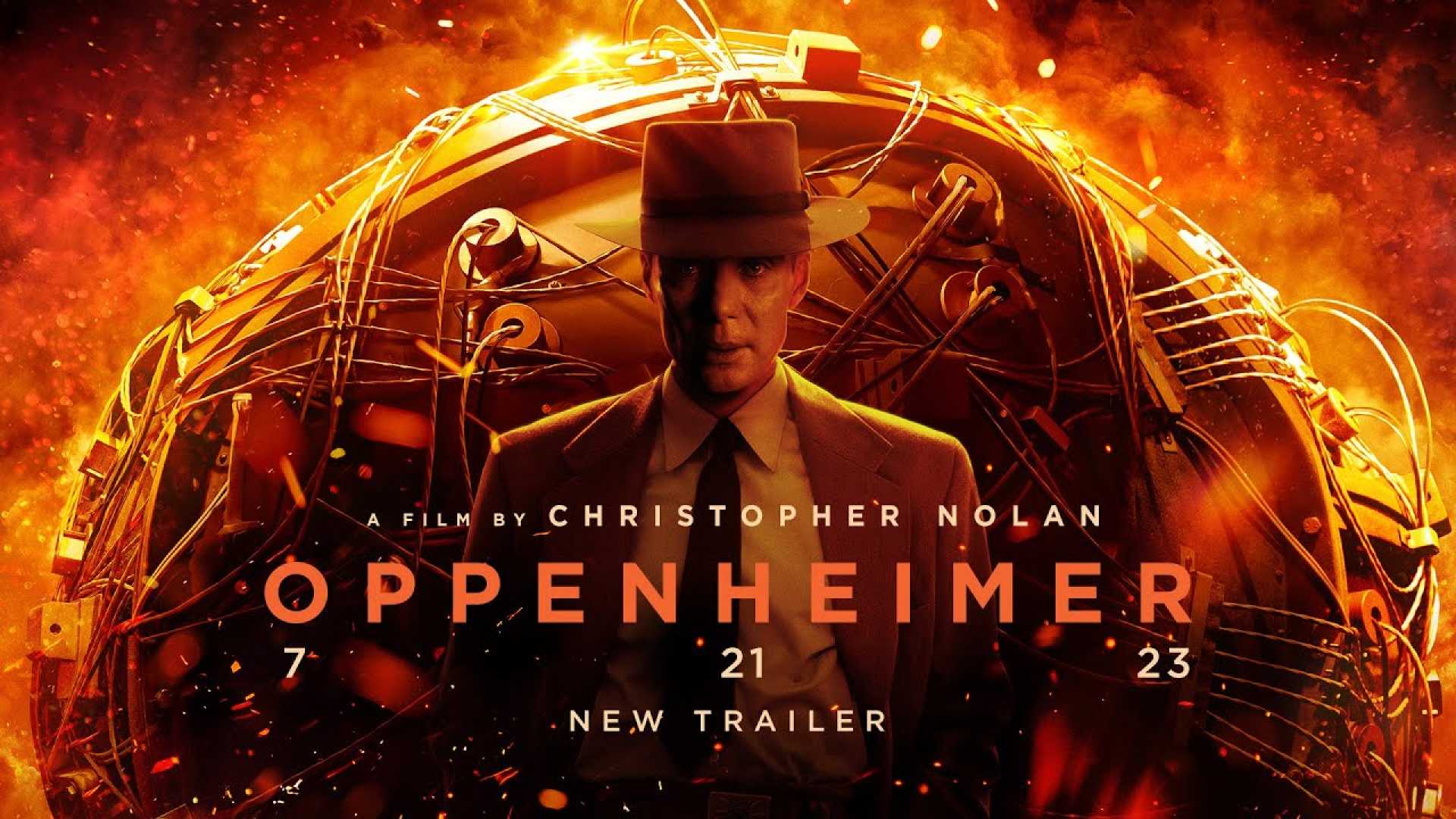Entertainment
Christopher Nolan’s Departure from Warner Bros in Favor of Universal Highlights Changing Studio Dynamics

In 2020, as the COVID-19 pandemic resulted in widespread closures of movie theaters, Christopher Nolan‘s ambitious espionage thriller “Tenet,” with a production budget of $200 million, faced uncertainty regarding its release. The director, a staunch advocate for the cinematic experience, expressed a strong desire for his film to be among the first tentpole movies released as theaters reopened. Former Warner Bros. Entertainment chief Ann Sarnoff and motion picture chairman Toby Emmerich eventually agreed to a theatrical release, but this came with the stipulation that Nolan would forego certain fees traditionally owed to him directly.
The situation evolved following the merger of WarnerMedia and Discovery in 2022, leading to a change in leadership. The new motion picture heads, Michael DeLuca and Pamela Abdy, were keen for Nolan to return to Warner Bros., especially after he shifted allegiance to Universal Studios to create “Oppenheimer.” This transition marked the end of a partnership that began in 2002 with “Insomnia.” As a gesture of goodwill, Warner Bros. returned the waived fees Nolan had given up, writing him a check for a seven-figure sum.
Despite these efforts, Nolan chose to maintain his collaboration with Universal. Stephen Galloway, dean of Chapman University’s Dodge College of Film and Media Arts, explained that Nolan’s priorities lay beyond financial gain. “What matters [to Nolan] is are you going to release this right? Are you going to have the correct marketing strategy? Are you going to get the IMAX screens? Are you going to leave me alone to make the movie I want to make?” observed Galloway, adding that these are considerations Nolan felt confident he would find at Universal.
This decision underscores Nolan’s distinctive position within the industry. According to box office analyst Jeff Bock, Nolan has essentially become a brand in his own right, commanding a following similar to that of intellectual properties. “Christopher Nolan is an IP unto himself,” remarked Bock, noting that few directors hold equivalent public recognition. With “Oppenheimer,” Nolan once again demonstrated his box office prowess, achieving nearly $976 million despite its challenging R rating and lengthy runtime.
While details regarding Nolan’s next project remain undisclosed, it is reported to star Matt Damon. Speculation suggests a possible return to the espionage genre, though it will not be “The Prisoner,” an earlier consideration tied to Universal. Given Nolan’s penchant for control, typified by his contractual right to final cut, a future Bond project seems unlikely under Barbara Broccoli‘s stewardship of the franchise, which historically resists such directorial autonomy.












